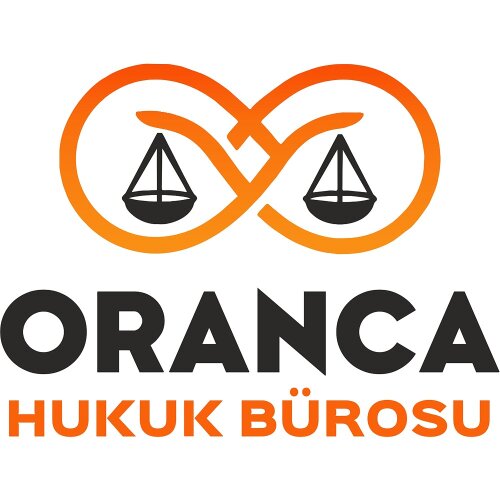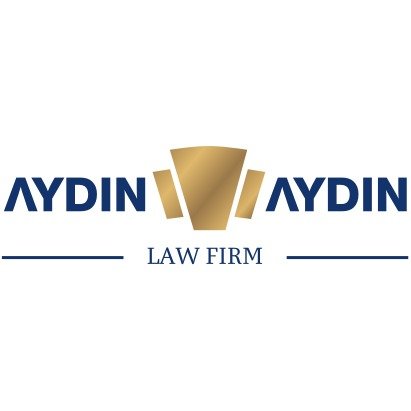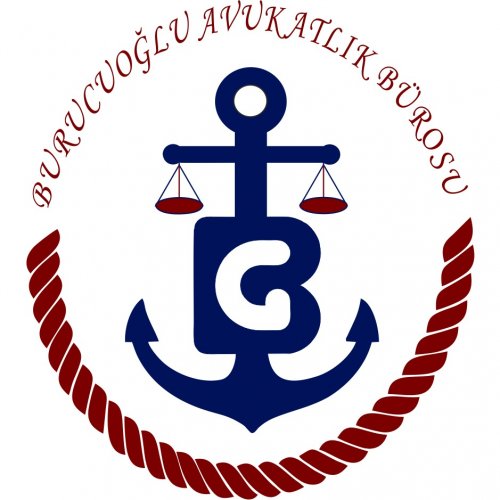Best Project Finance Lawyers in Izmir
Share your needs with us, get contacted by law firms.
Free. Takes 2 min.
List of the best lawyers in Izmir, Turkey
About Project Finance Law in Izmir, Turkey
Project finance is a specialized area of law and finance that revolves around funding large-scale, capital-intensive projects, such as energy plants, transportation infrastructure, and industrial facilities. In Izmir, Turkey's third-largest city and a major economic hub, project finance is a key driver for both public and private sector developments. The legal framework incorporates various local, national and international regulations, aiming to balance investor interests, project feasibility, risk management, and regulatory compliance. Due to its strategic location and dynamic economy, Izmir frequently hosts significant infrastructure, energy, and transport projects that rely on well-structured project finance mechanisms.
Why You May Need a Lawyer
While project finance offers considerable benefits, it is also complex, involving multiple stakeholders, cross-jurisdictional elements, and significant financial arrangements. Here are some common scenarios where seeking legal assistance is essential:
- Drafting or reviewing project finance agreements and related contracts
- Structuring and negotiating deal terms with lenders, investors, or government entities
- Ensuring compliance with local laws and regulatory requirements
- Managing risks related to permits, licenses, and land acquisition
- Resolving disputes among sponsors, lenders, contractors, or off-takers
- Assessing environmental and social impact obligations
- Handling public-private partnership (PPP) arrangements
- Dealing with cross-border or international financing aspects
- Advising on tax, securities, and foreign investment matters
In these situations, a lawyer experienced in project finance can help safeguard interests, improve project outcomes, and minimize legal risks.
Local Laws Overview
Project finance transactions in Izmir are governed by Turkish law, along with local regulations and practices specific to the Izmir region. Some notable legal aspects include:
- Turkish Commercial Code: Governs business entities, contracts, and commercial transactions, providing the baseline for project agreements.
- Banking and Capital Markets Law: Regulates lending, securities, and financial instruments used in project finance arrangements.
- Energy Law: Particularly important for projects in renewables and utilities, this governs licensing, tariffs, and operational compliance.
- Environmental Legislation: Projects must comply with environmental permits and impact assessments as required by local and national regulations.
- Land Use and Zoning Rules: Legal requirements regarding land ownership, leasing, expropriation, and land-use permits can impact project timelines and financing terms.
- PPP Specific Regulations: Public-private partnerships are governed by specific rules, especially for infrastructure projects.
- Dispute Resolution: Turkish courts and, where agreed, international arbitration bodies handle any conflicts arising from project finance dealings.
Local authorities also play critical roles in permits, infrastructure support, and compliance monitoring, making an understanding of Izmir’s specific administrative practices important.
Frequently Asked Questions
What is project finance, and how does it differ from traditional financing?
Project finance is a method of funding projects where repayment is made primarily from the cash flow generated by the project itself, rather than from the general assets or creditworthiness of the sponsors.
Who are the main parties involved in a project finance transaction in Izmir?
Key participants typically include the project sponsor, lenders, investors, contractors, suppliers, and public authorities. In some cases, multilateral or international financial institutions are also involved.
What types of projects commonly use project finance in Izmir?
Major infrastructure such as roads, bridges, ports, power plants, renewable energy facilities, and public-private partnerships are typical examples.
Are there special legal requirements for foreign investors in project finance deals?
Foreign investors are subject to Turkish investment regulations, which may involve restrictions, registration requirements, and sector-specific rules. Some areas, like energy and infrastructure, are open to foreign investment but may require additional permits.
How is risk typically managed in a project finance transaction?
Risks are distributed through detailed contractual arrangements, insurance policies, guarantees, and often through the creation of special purpose vehicles that isolate project assets and liabilities.
What role does the Izmir Metropolitan Municipality play in project finance?
The Municipality may participate as a project sponsor, off-taker, or regulatory authority, especially in projects concerning public infrastructure or services.
What is the approval process for starting a project in Izmir?
Projects require several stages of approval, including environmental permits, zoning compliance, building permits, and sector-specific licenses from relevant authorities.
Can project finance disputes in Izmir be resolved through arbitration?
Yes, parties can choose to resolve disputes through local or international arbitration, provided this is stipulated in their agreements.
Are there incentives for renewable energy projects in Izmir?
Yes, the Turkish government and local authorities offer various incentives for renewable energy, including feed-in tariffs, purchase guarantees, and exemptions from certain taxes or fees.
What happens if a project fails or is unable to generate expected revenues?
In such cases, lenders and investors may have recourse limited to the project's assets and revenues, unless otherwise agreed. Effective risk allocation and contingency planning are critical during the structuring phase.
Additional Resources
For further information or support, the following resources are recommended:
- Izmir Chamber of Commerce: Provides business and investment resources for project developers.
- Republic of Turkey - Ministry of Energy and Natural Resources: Offers information on energy projects, regulations, and licensing.
- Banking Regulation and Supervision Agency (BDDK): Oversees Turkish banking activities relevant to project finance.
- Turkish Competition Authority: Ensures compliance with fair competition for joint ventures and consortiums.
- Energy Market Regulatory Authority (EMRA): Regulates power generation, distribution, and energy-market projects.
- Local law firms and legal consultancies: Provide expert guidance on all legal aspects of project finance in Izmir.
Next Steps
If you are considering a project finance transaction or facing related legal issues in Izmir, here are steps to take:
- Collect all relevant project documents, including contracts, financial projections, and correspondence with authorities.
- Consult with a lawyer or legal advisor specializing in project finance and familiar with Izmir's local regulations.
- Prepare a clear outline of your project's scope, timeline, and stakeholders to facilitate effective legal counseling.
- Stay informed about changes in Turkish laws and local regulations that may affect your project.
- Engage stakeholders early to ensure transparency and alignment throughout the process.
Professional legal support can help you navigate regulatory challenges, negotiate favorable terms, and ensure the long-term success of your project in Izmir.
Lawzana helps you find the best lawyers and law firms in Izmir through a curated and pre-screened list of qualified legal professionals. Our platform offers rankings and detailed profiles of attorneys and law firms, allowing you to compare based on practice areas, including Project Finance, experience, and client feedback.
Each profile includes a description of the firm's areas of practice, client reviews, team members and partners, year of establishment, spoken languages, office locations, contact information, social media presence, and any published articles or resources. Most firms on our platform speak English and are experienced in both local and international legal matters.
Get a quote from top-rated law firms in Izmir, Turkey — quickly, securely, and without unnecessary hassle.
Disclaimer:
The information provided on this page is for general informational purposes only and does not constitute legal advice. While we strive to ensure the accuracy and relevance of the content, legal information may change over time, and interpretations of the law can vary. You should always consult with a qualified legal professional for advice specific to your situation.
We disclaim all liability for actions taken or not taken based on the content of this page. If you believe any information is incorrect or outdated, please contact us, and we will review and update it where appropriate.















